Product Consultation
Your email address will not be published. Required fields are marked *
Overview of the basic physical properties of nylon monofilament yarn
Nylon monofilament yarn is a continuous filament structure made of polyamide polymer materials through a melt spinning process. Unlike multifilament yarn, monofilament yarn consists of a continuous fiber with a smoother surface and stronger stiffness. Common types of nylon include nylon 6, nylon 66, etc., and there are slight differences in their heat resistance temperature, melting point and chemical stability. In practical applications, monofilament yarns composed of different types of nylon materials will show different performance.
Heat resistance range of nylon monofilament yarn
Nylon monofilament yarn has a relatively stable physical form in a hot environment, and its heat resistance is mainly determined by the molecular structure of the polyamide used. Taking nylon 66 as an example, its melting point is about 255°C, and the melting point of nylon 6 is about 220°C. In the case of short-term contact with high temperature, monofilament yarn usually does not melt immediately, but will soften, stretch or deform. It is generally believed that the long-term use temperature should be controlled between 90°C and 120°C to ensure its structural stability and service life.
In a dry hot environment, nylon monofilament yarn performs relatively reliably, but in a high humidity environment, its heat deformation temperature will decrease slightly. Therefore, in application scenarios where high temperature is accompanied by humidity, the upper limit of the working temperature should be appropriately lowered.
Effect of thermal oxidation aging on nylon monofilament yarn
Nylon materials are prone to thermal oxidation aging under long-term high temperature, that is, the oxygen in the high temperature environment reacts with the polyamide molecular chain, causing the molecular chain to break or cross-link, which in turn leads to a decrease in fiber strength, a darker color, and an increase in brittleness. Although there are certain polar bonds in the molecular structure of nylon and it has a certain thermal stability, performance degradation may still occur in an environment exposed for a long time at more than 150°C. In order to delay the thermal oxidation aging process, antioxidants or heat stabilizers are sometimes added to nylon materials in actual production to improve its reliability during long-term use.
Analysis of acid and alkali resistance of nylon monofilament yarn
In terms of chemical stability, nylon monofilament yarn is resistant to some acids and alkalis, but is not suitable for long-term exposure to strong acid or alkali environments. It has a certain tolerance to diluted inorganic acids (such as dilute sulfuric acid and dilute hydrochloric acid), but under high concentration or high temperature conditions, acidic substances will gradually erode the fiber structure, making it brittle or even broken.
In alkaline environments, the stability of nylon materials is relatively poor. In particular, strong alkaline solutions (such as sodium hydroxide solutions) can cause significant corrosion to nylon fibers at high temperatures. Therefore, in application scenarios involving cleaning, processing or contact with alkaline substances, the contact time and concentration should be limited to reduce the risk of loss.
Tolerance of nylon monofilament yarn to organic solvents
Nylon monofilament yarn has a certain tolerance to most common organic solvents such as alcohols and ketones (such as ethanol and acetone), and is not easy to dissolve or decompose. However, for certain specific polar strong solvents (such as phenol and formic acid), it may cause damage to the molecular structure or swelling. Under normal circumstances, short-term contact with neutral organic solvents will not cause serious damage to it, but under long-term immersion or high temperature conditions, the impact of organic solvents on the fiber surface structure should be taken seriously. In industrial filtration, mesh or product processing, when coating, glue or solvent application is involved, its compatibility needs to be evaluated according to the type of solvent.
The impact of heat resistance and chemical resistance on service life
Nylon monofilament yarn has a long service life when used under normal environmental conditions. However, if there is continuous high temperature, strong acid and alkali or active chemicals in the use environment, its life will be significantly shortened. Under the combined effect of thermal aging and chemical corrosion, the strength of the yarn will gradually decrease, and problems such as broken wire and surface cracking may occur. Therefore, reasonable control of the use environment and regular testing of material properties are effective measures to extend its service life.
In engineering applications, its comprehensive heat and chemical resistance is usually improved by optimizing the design (such as thickening the yarn, selecting the appropriate nylon model), improving the process (such as heat setting treatment), and adding a protective layer.
Environmental adaptability in typical application scenarios
In high temperature or chemical exposure environments, nylon monofilament yarn is often used for:
Industrial filter cloth or screen: used to filter air, liquid, solvent, etc.;
Fishing line or fishing net: often exposed to seawater or sunlight, requiring certain corrosion resistance and heat resistance;
Conveyor belts and reinforced fabrics: need to operate in high temperature or oily environments for a long time;
Food industry conveyor and baking cloth: need to withstand repeated heating and cleaning processes;
Printing mesh: used in screen printing processes, requiring high precision and stability to solvents.
These applications have specific requirements for the heat resistance and chemical resistance of nylon monofilament yarn, and it is necessary to select the appropriate yarn type and post-processing method according to the actual use conditions.
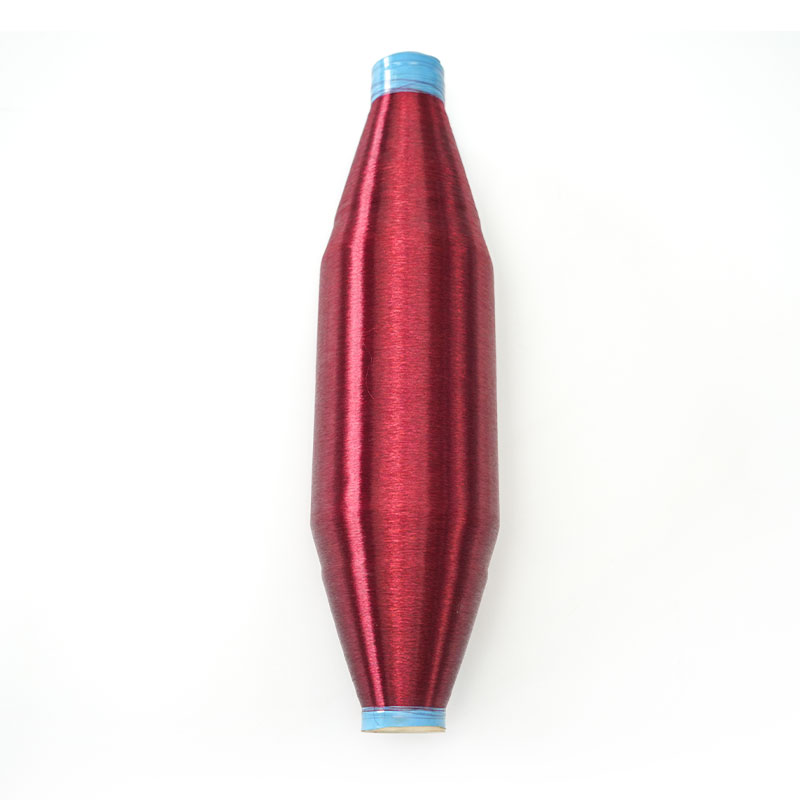
What are the advantages or disadvantages of nylon monofilament yarn compared to other yarns?
2025-07-01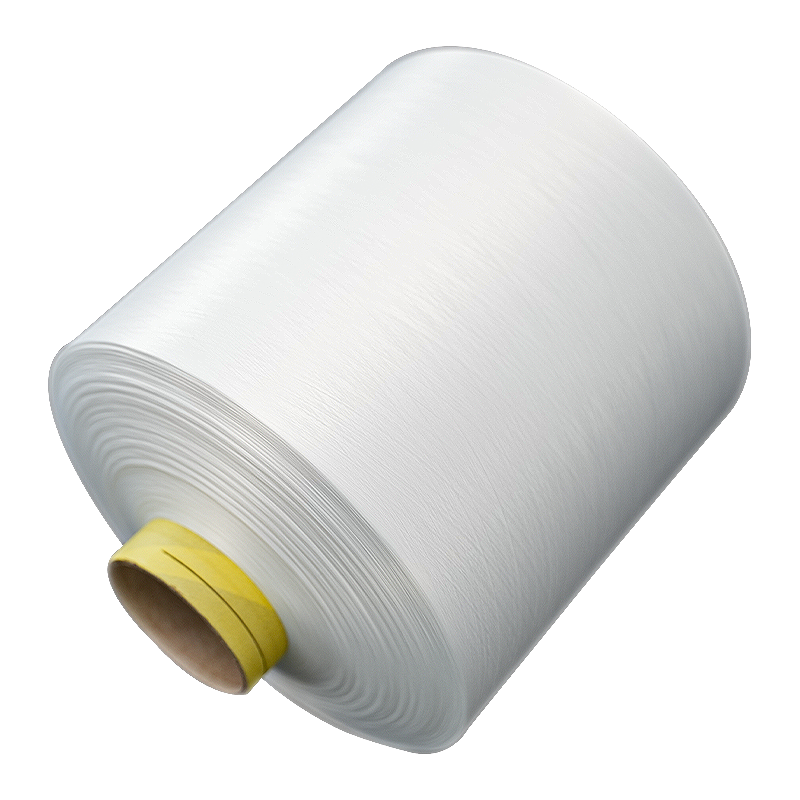
What is the difference between nylon elastic yarn and ordinary nylon yarn?
2025-07-16Your email address will not be published. Required fields are marked *
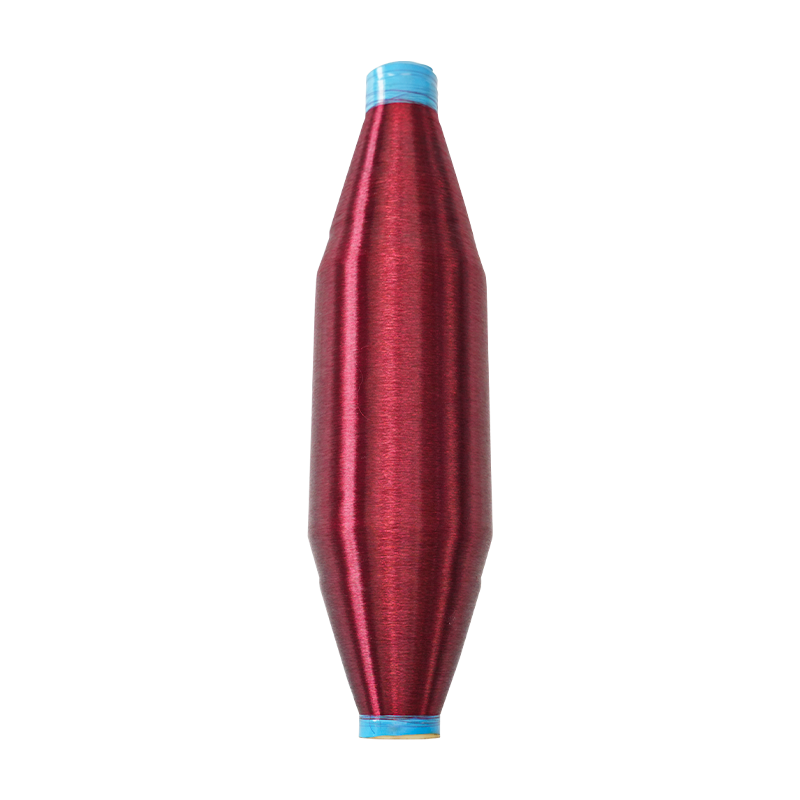
Biodegradable nylon yarn biodegrades faster in the environment than traditional synthetic fibers, helping to reduce negative environmental impacts. It also has the properties of nylon fiber, such as h...
See Details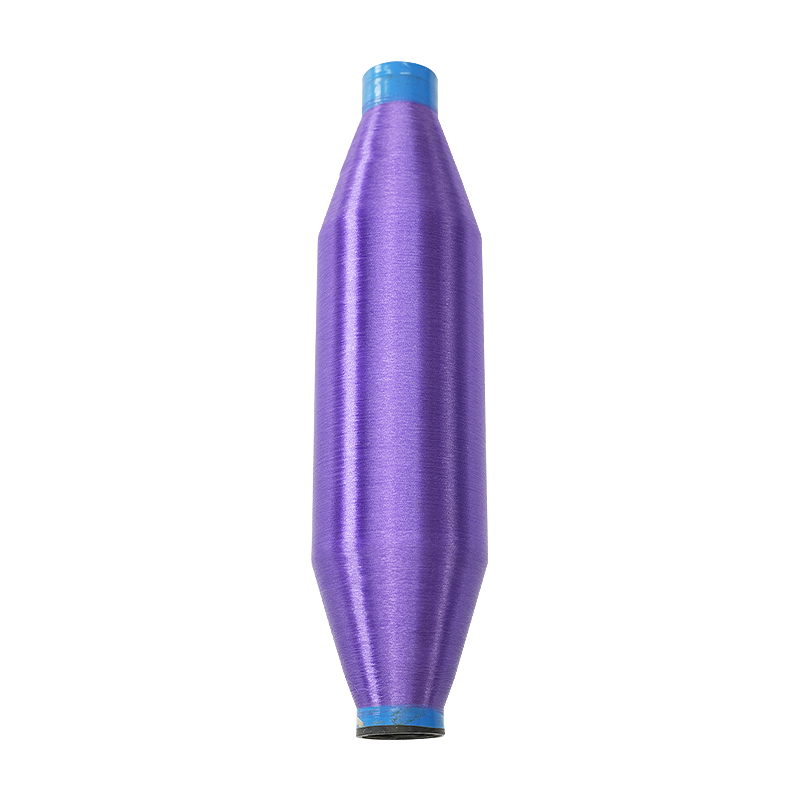
Single Strand Biodegradable Yarn is a single-strand structure, consisting of a single fiber bundle with no multiple strands tangled together. This structure makes the yarn softer, and smoother and exh...
See Details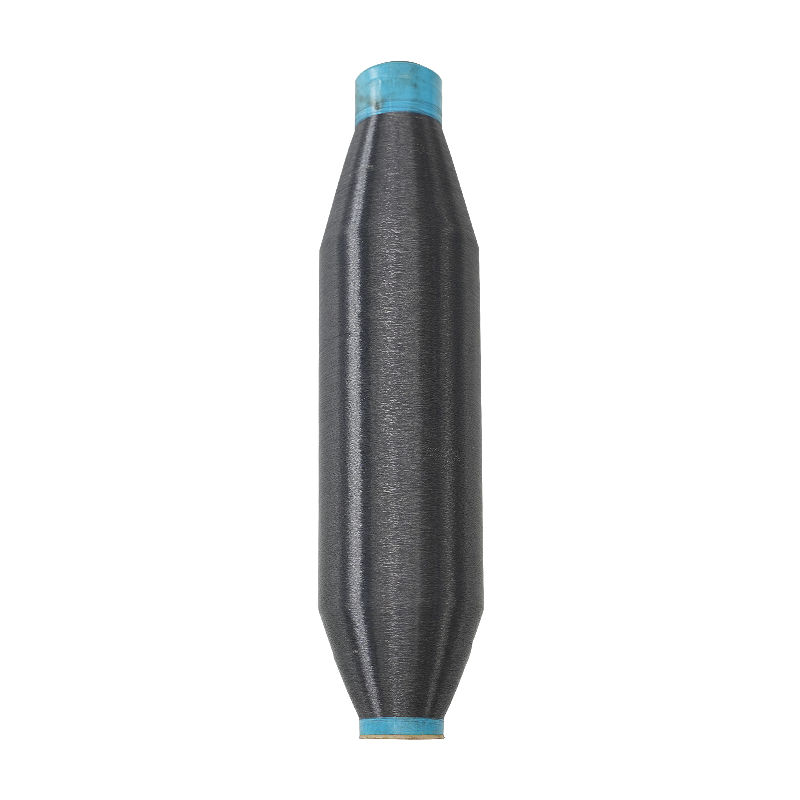
Nylon is a synthetic fiber with good strength and wear resistance, so 40D biodegradable yarn inherits the properties of nylon fiber. It has tensile strength, abrasion resistance and corrosion resistan...
See Details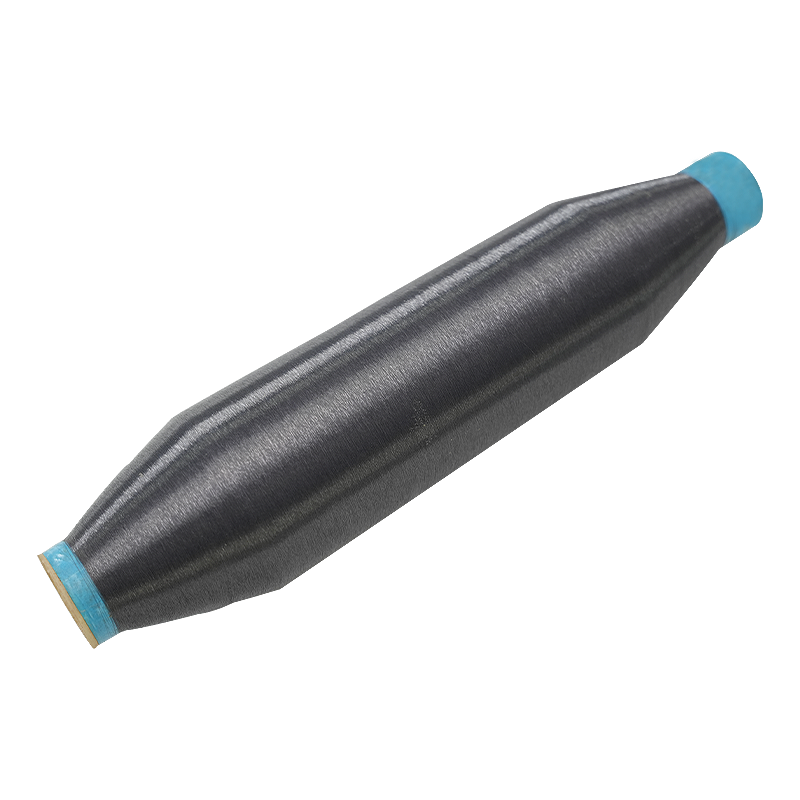
Elastic high-performance polyamide multifilament refers to a synthetic fiber made from polyamide polymer (commonly known as nylon). Resilient and high-performance properties make it suitable for a var...
See Details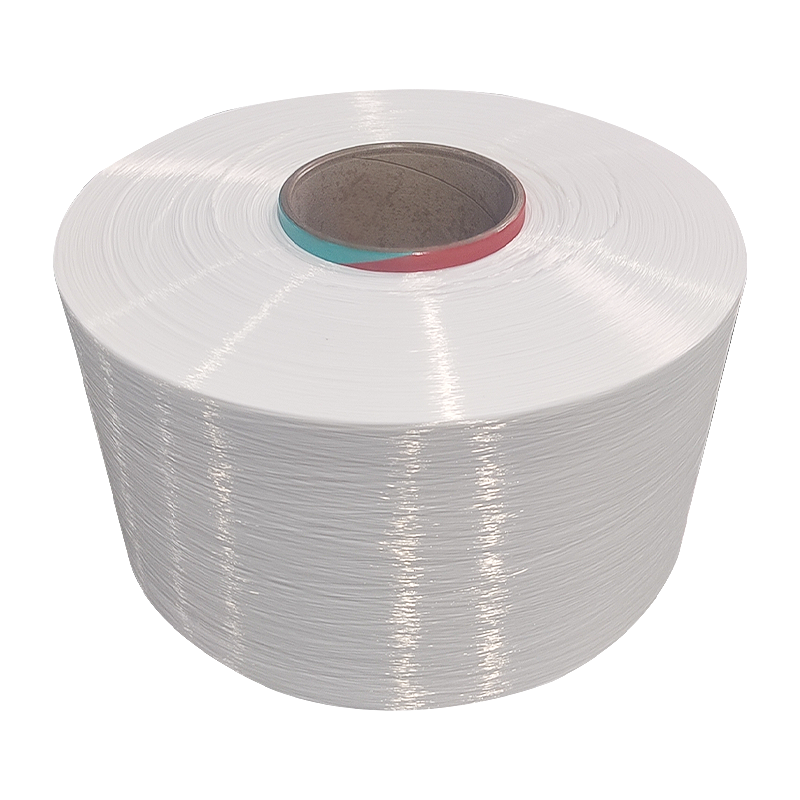
300D Nylon Mother Yarn is made of nylon material, a synthetic fiber with abrasion resistance, strength and durability. It is therefore suitable for manufacturing various types of textiles, such as clo...
See Details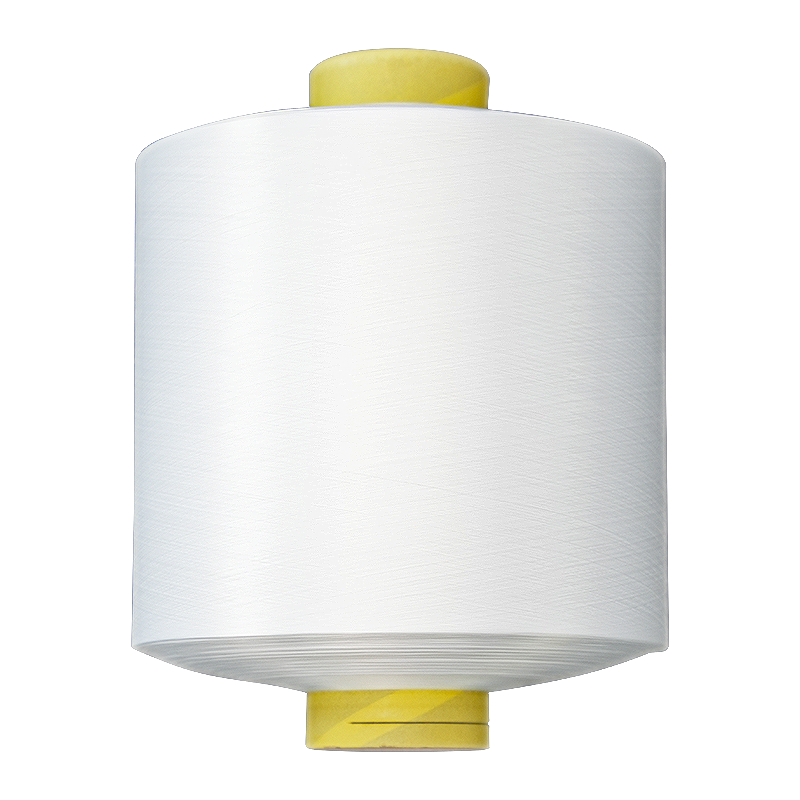
Nylon stretch sportswear yarn is a yarn used to make sportswear and other clothing that require high breathability. Nylon fiber has good breathability, which helps to wick away perspiration and keep t...
See Details
Nylon elastic yarn for textile use has a wide range of applications. Nylon elastic yarn is suitable for the manufacture of various textiles, such as underwear, socks, sportswear, swimwear, elastic fab...
See Details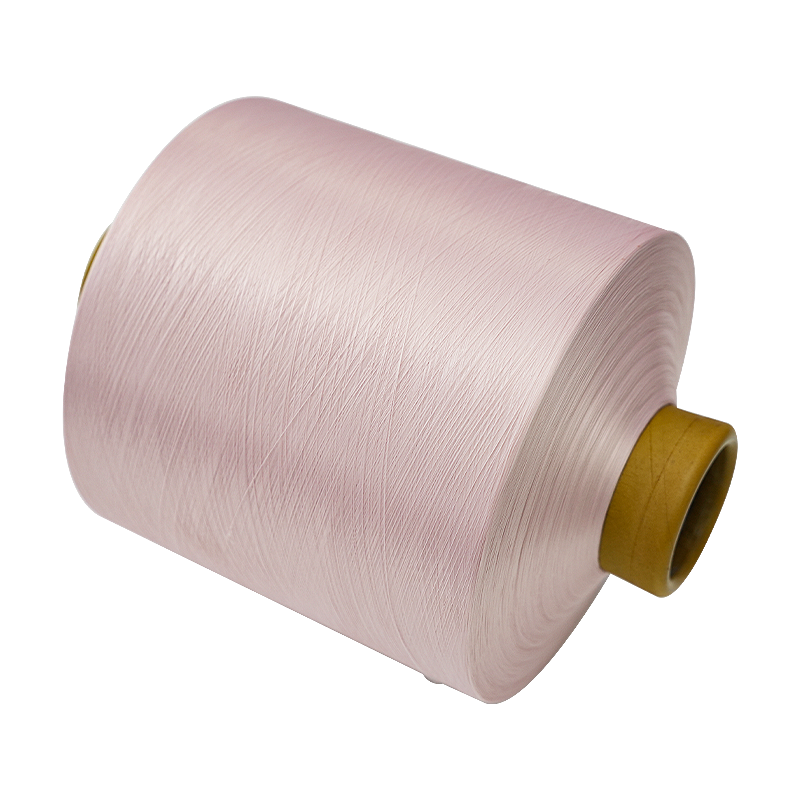
Fabrics made using Nylon elastic yarn for Weaving are lightweight, soft, comfortable and breathable, making them suitable for long-term wear. Made of high-quality nylon material with wear resistance, ...
See Details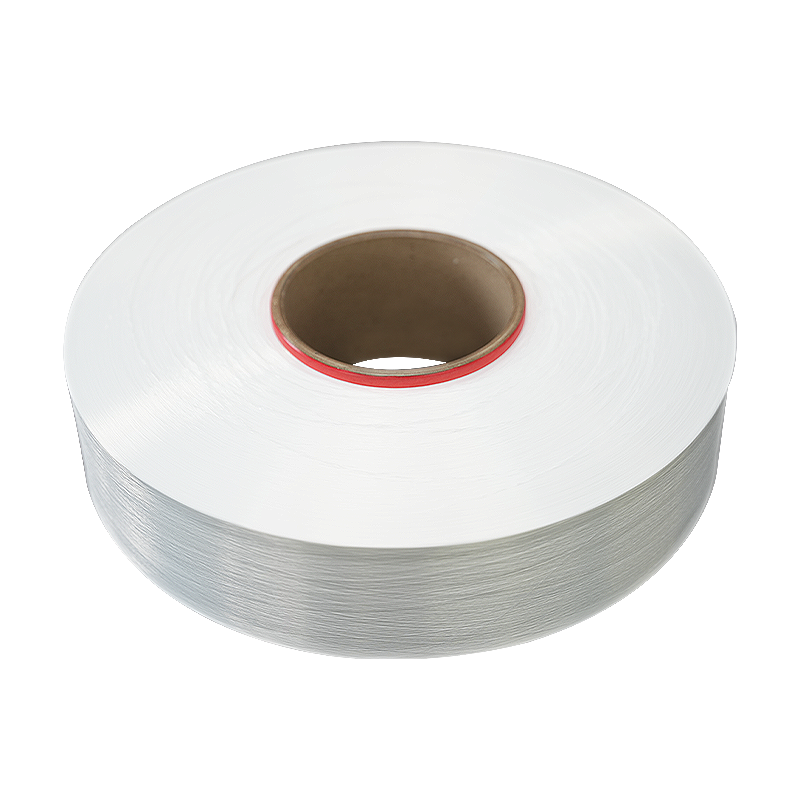
Polyester blended FDY yarn is a standard 50D yarn made from a blend of polyester and nylon. It combines the characteristics of both fibers and has durability and breathability. It has a wide range of ...
See Details
Nylon composite yarn has high strength and toughness. Textiles made with Nylon composite yarn have good stretch resistance and tear resistance. This yarn has a wide range of applications and can be us...
See Details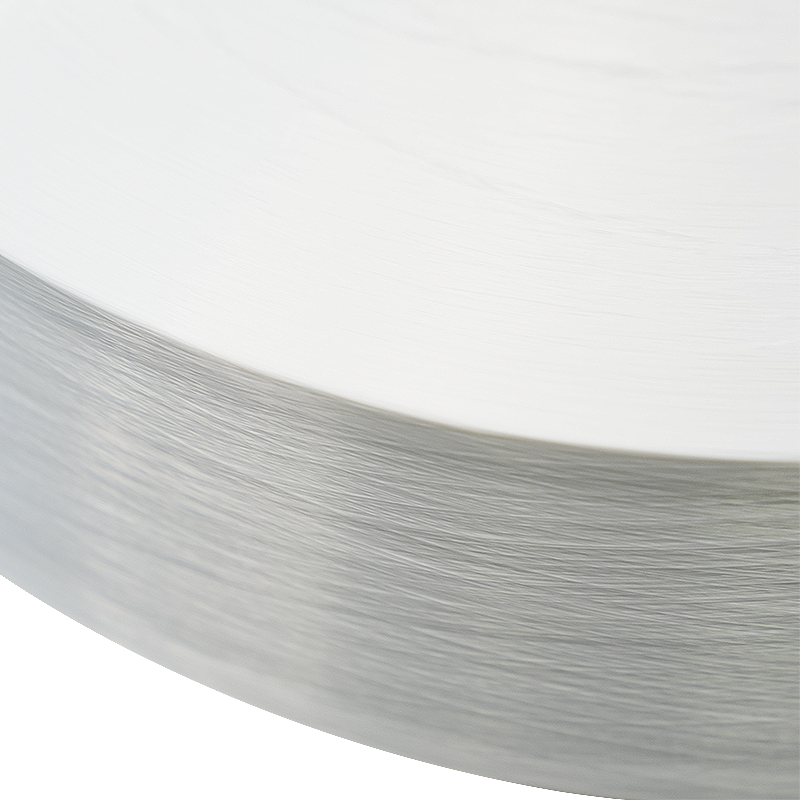
210D Polyester Nylon Composite FDY yarn is a composite fiber yarn. FDY is a mixture of polyester and nylon fibers. It combines the advantages of the two fibers, the abrasion resistance of polyester an...
See Details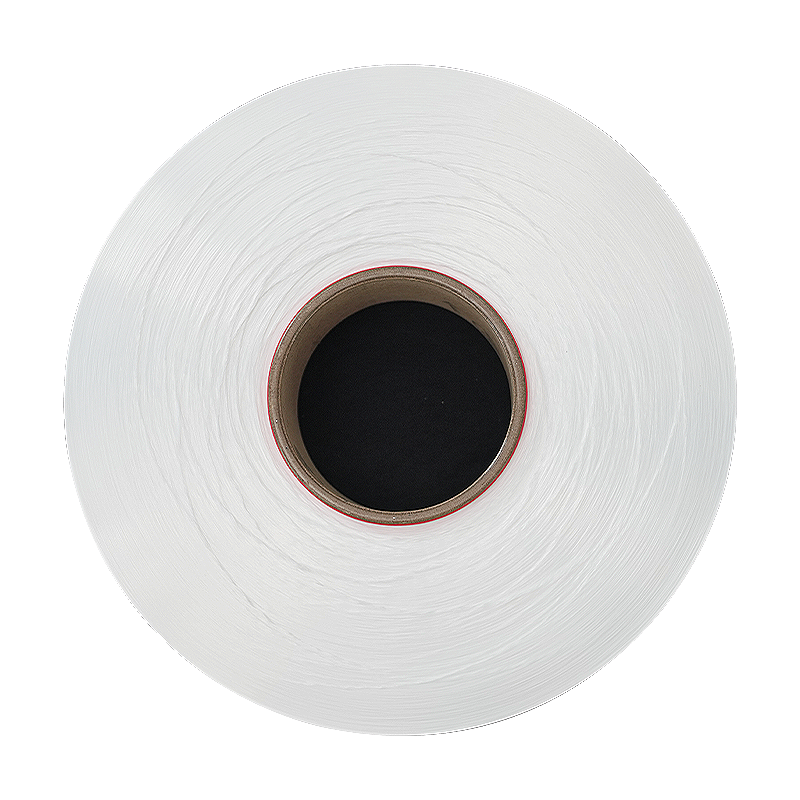
140D Durable low-melt FDY yarn is suitable for the manufacture of various textiles, especially for the preparation of composite fabrics, such as polyester-cotton blended fabrics or elastic fabrics. Th...
See DetailsAddress: Duntou industrial park, haian county, nantong city,jiangsu province ,China.
TEL: +86 15850491859
E-mail: sales-betty@hsnylon.com
If You Are Interested In Our Products, Please Consult Us